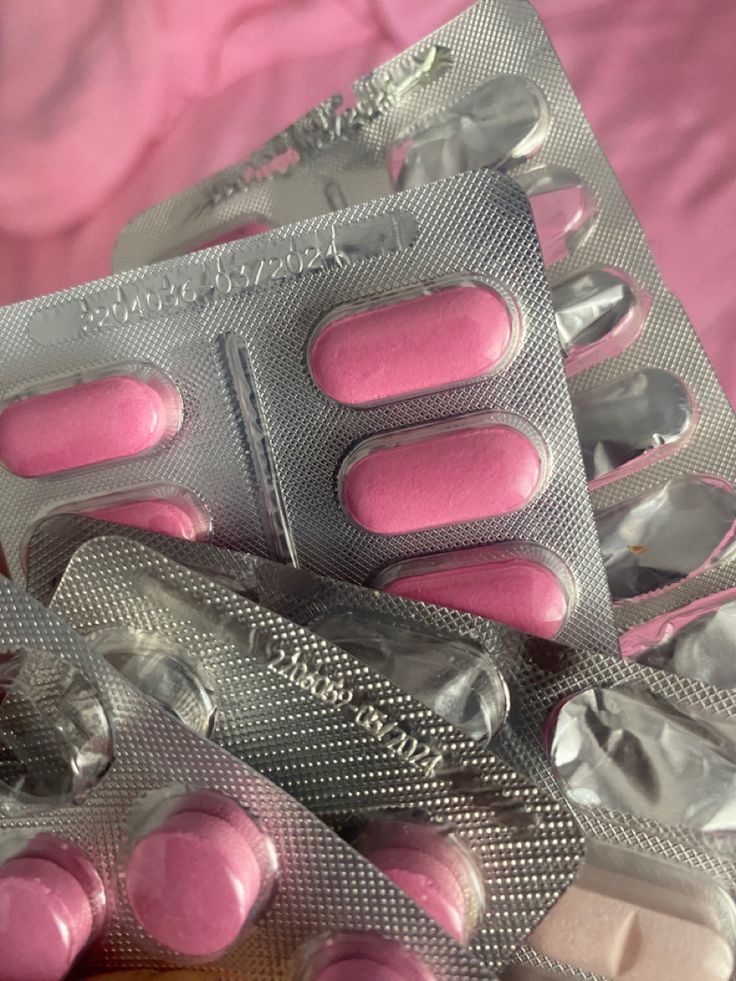An HIV-positive sex worker, who requested anonymity, displays an antiretroviral drug purchased illegally on the black market in Johannesburg, South Africa, Friday, 20 June 2025.
South Africa’s government has vowed it will not allow the withdrawal of about £337 million in support from the United States to collapse its HIV programme – the largest in the world – but it is struggling to plug the gap, and experts warn the next few years could see hundreds of thousands of new infections.
South Africa has more people living with HIV than any other country. When former US President Donald Trump slashed America’s foreign aid budget, the impact was immediate: free clinics closed their doors, leaving patients without medication.“Our lives matter, we are human,” said one woman who chose to remain anonymous. She is a sex worker and had relied on one of the clinics for treatment.
“The funding played a significant role in our lives. The clinic would visit my flat, provide me with services there. They would test me at home every three months and bring my repeat prescription. I only went to the clinic to collect my script. Whenever I needed condoms or lubricant, the clinic supplied them.”
Patients report being turned away from public hospitals, even though authorities insist this should not be happening.Others say they have been forced to buy HIV medication on the black market, where the price of pills has nearly doubled.The government has vowed it will not allow the US withdrawal of more than £315 million in support to collapse its HIV programme but it is under severe pressure.
Yvette Raphael, co-founder of the local Advocacy for Prevention of HIV and AIDS group, says she fears the country will regress:“We are frightened. We fear that we are going to see the numbers of people living with HIV rising again. We are afraid of people dying once more. We are worried about the number of infants who will be born with HIV due to the lack of services. The truth is, the funds we used to receive from USAid were bridging a gap our government could not fill.”

More than 63,000 people depended on the 12 clinics across the country that have shut down. Up to 220,000 people have faced interruptions to their daily HIV medication. Even before the cuts, out of the estimated 8 million South Africans living with HIV, only around 2 million were on treatment.
The concerns echo across Africa, the continent hardest hit by the US aid cuts. The Trump administration defended the reductions, saying the expenditure was not aligned with US interests.
“And we’re $37 trillion in debt. So at some point, the continent of Africa needs to shoulder more of the responsibility for providing this health care,” Russell Vought, director of the US Office of Management and Budget, told a hearing in June.Among South Africans, some wonder whether Trump’s stance may have been influenced by their countryman Elon Musk, who oversaw early efforts to cut US aid.
Learn more about HIV prevention from the World Health Organization“I’ve got no polite words to describe how I feel, but I despise them for what they did,” said one transgender woman. “Our lives matter.”The US has issued a limited waiver allowing some vital HIV services to resume, but the funding cuts have created chaos. For many affected, the damage has already been done.These antiretroviral pills cannot cure HIV, but they allow people living with the virus to stay healthy and control its effects daily.o protect yourself from HIV, use condoms, get tested regularly, avoid sharing needles, limit multiple partners, and seek medical advice on preventive medications like PrEP


